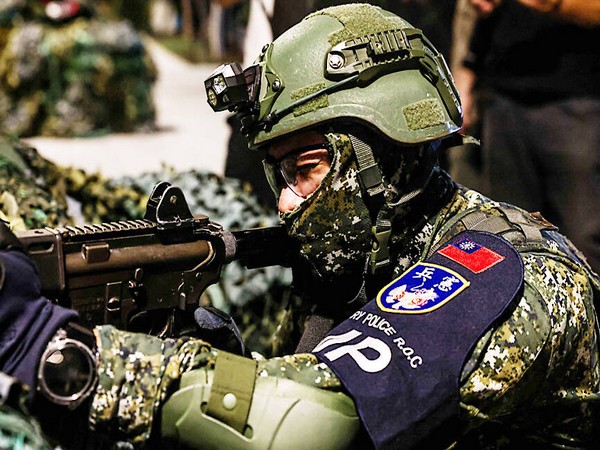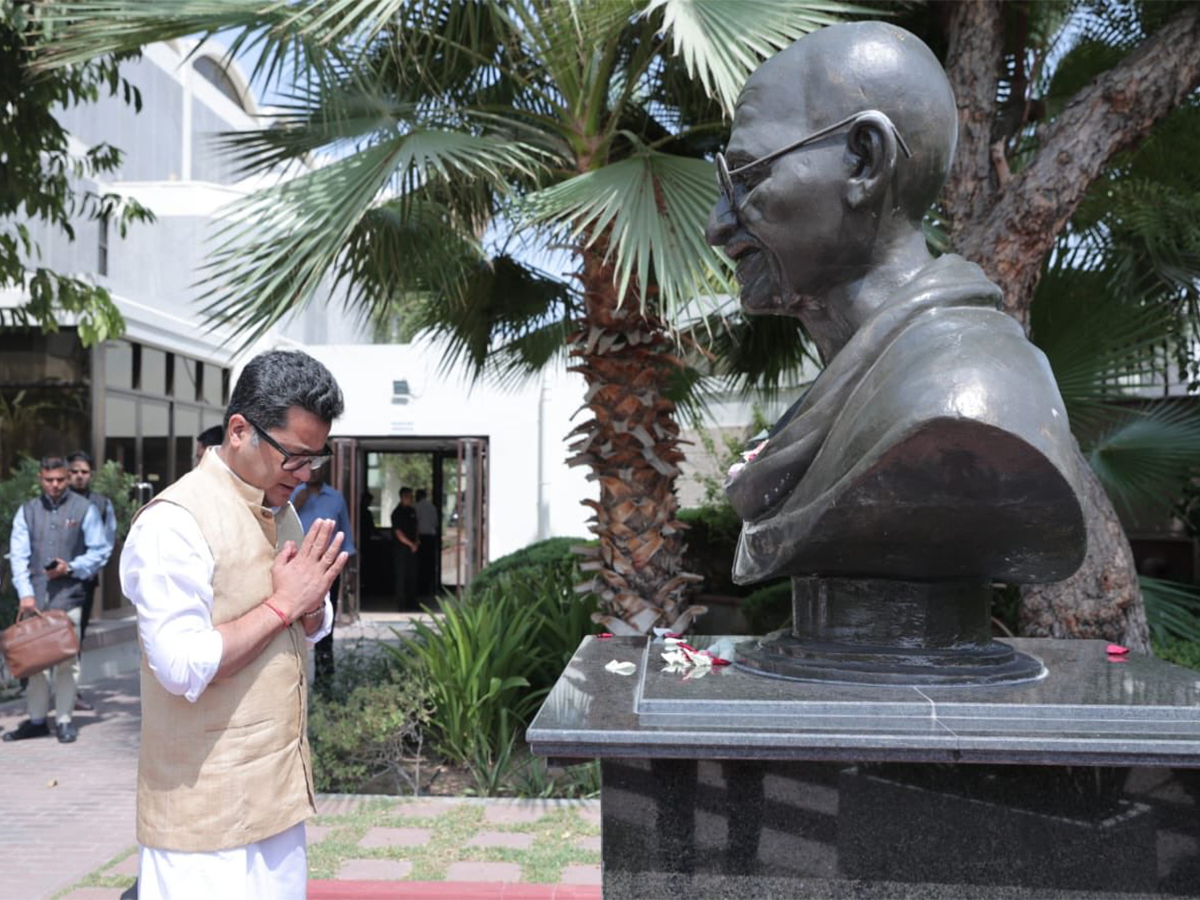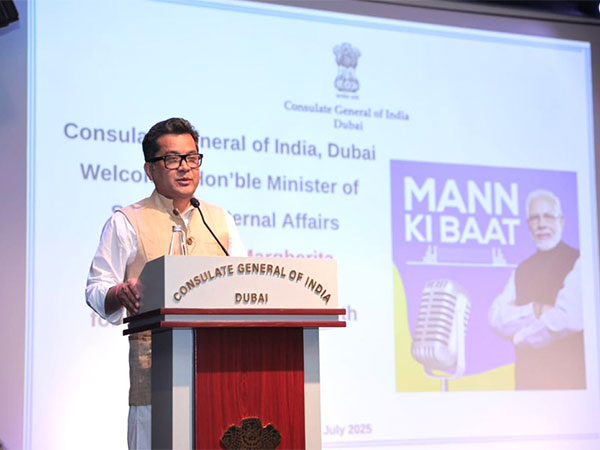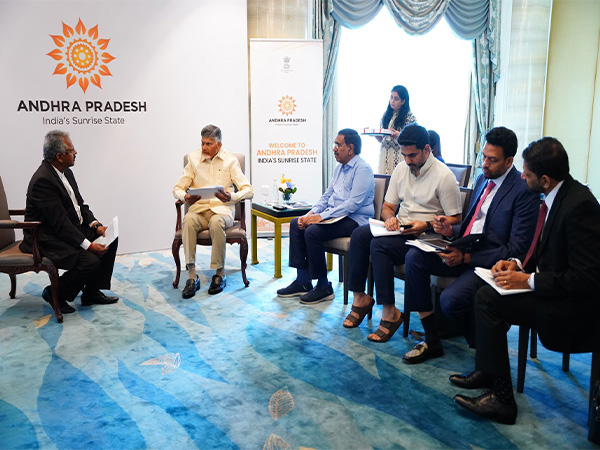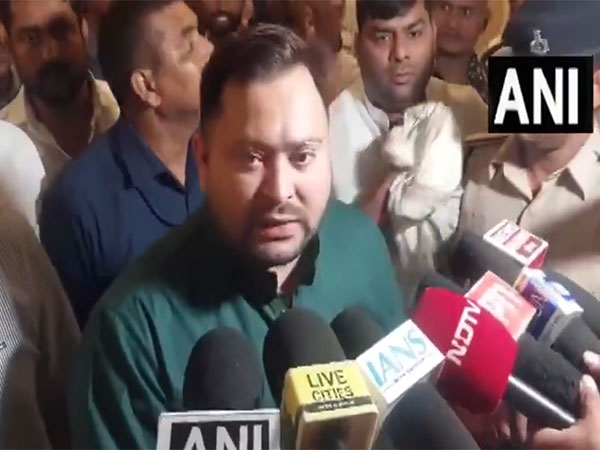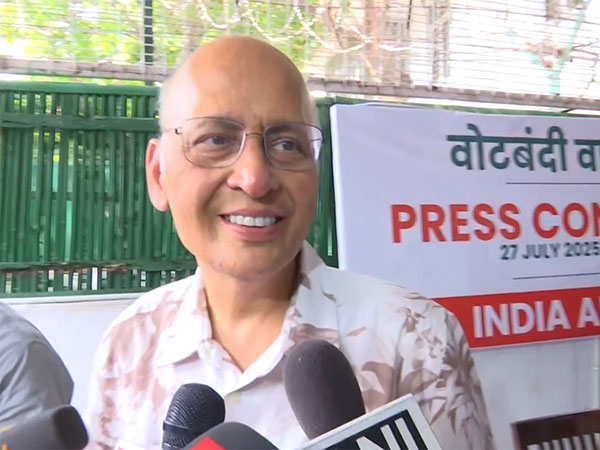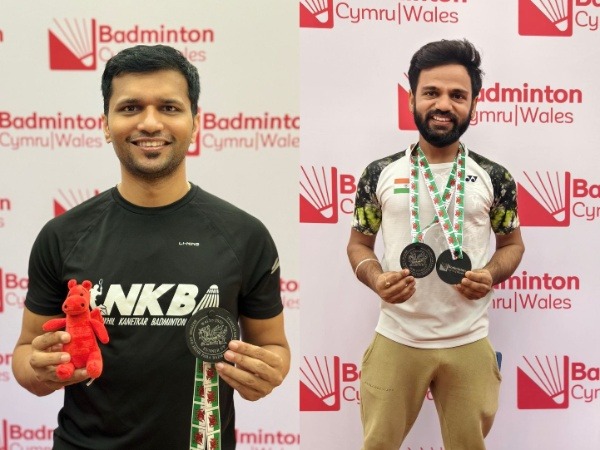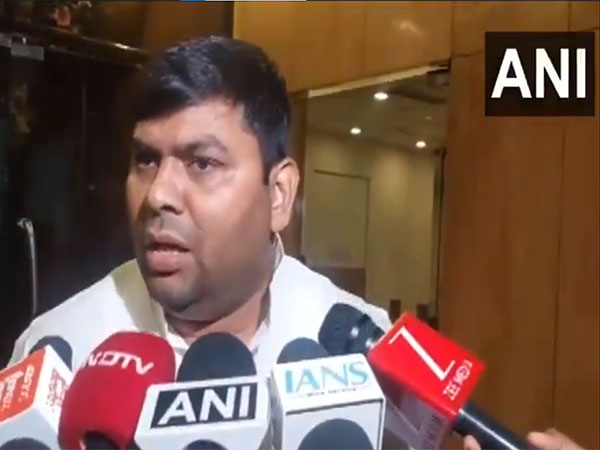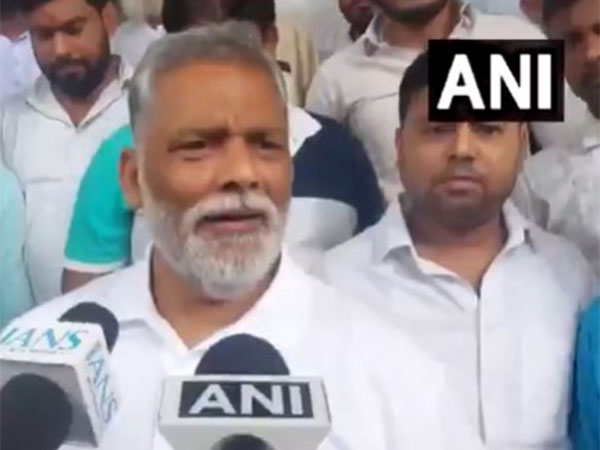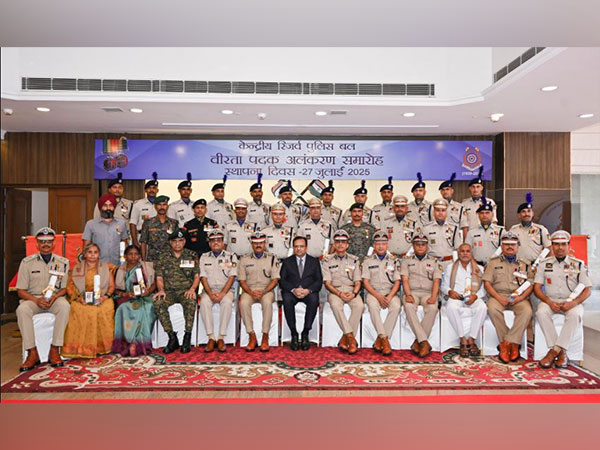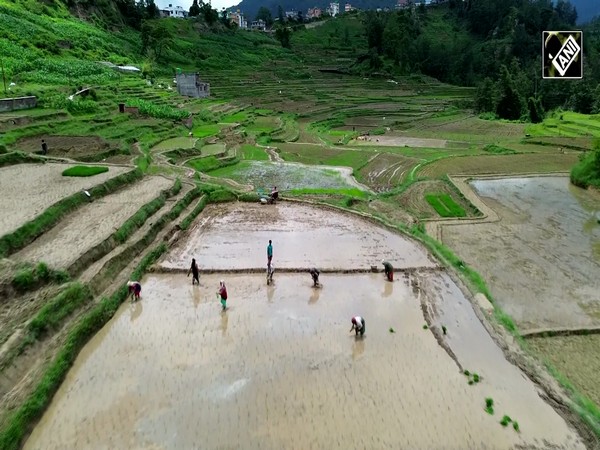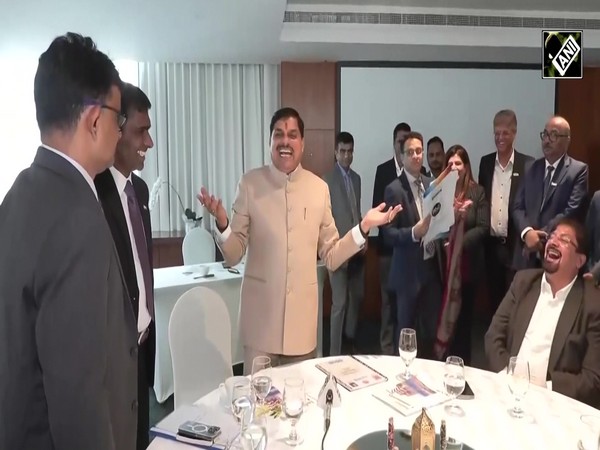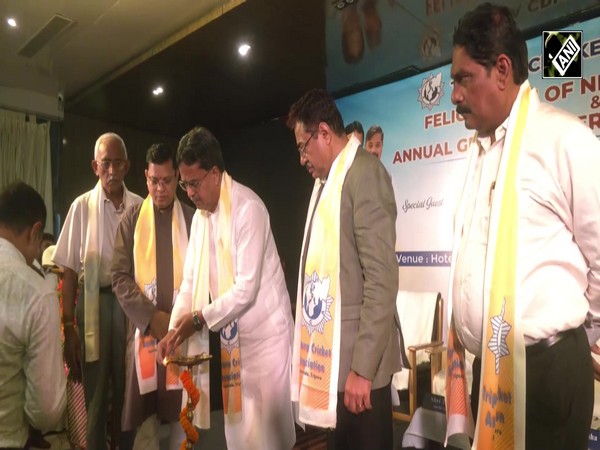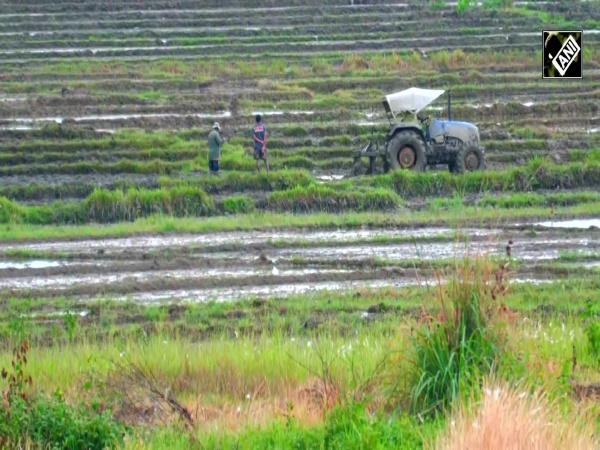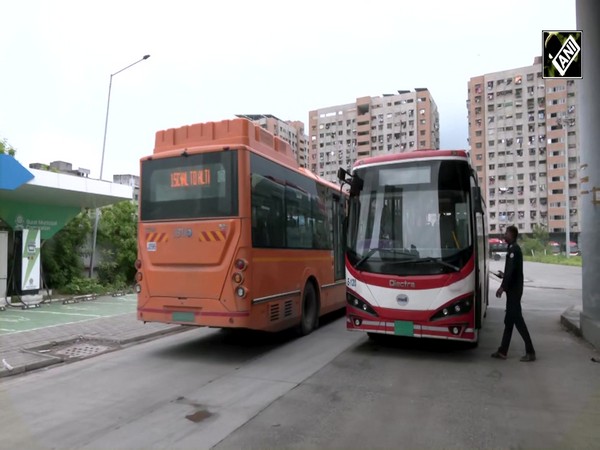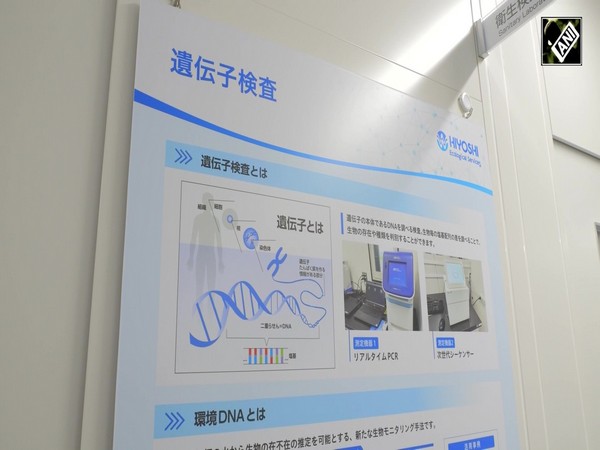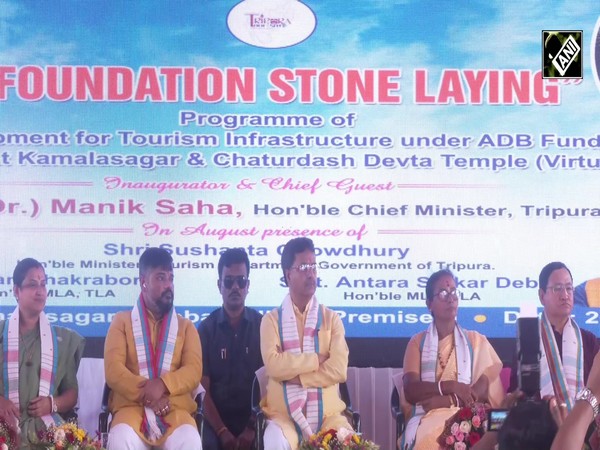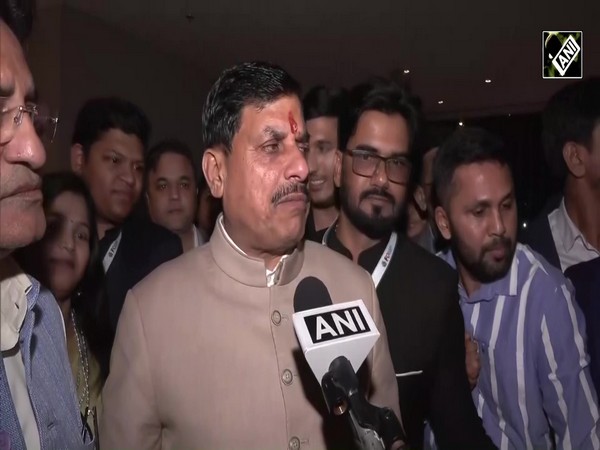India, Central Asian countries call for non-discriminatory response to global health challenges
Jan 27, 2022

New Delhi [India], January 27 : Noting the growing interdependence of countries in an inter-connected world, Prime Minister Narendra Modi and leaders of five Central Asian countries on Thursday called for transparent and non-discriminatory international response to global health challenges including pandemics and agreed that mutual recognition of COVID vaccination certificates will facilitate easier travel of citizens of their countries.
The Delhi Declaration adopted at the first India-Central Asia Summit said the leaders emphasized that the post-pandemic world requires diversified global supply chains that are based on trust, resilience and reliability.
Prime Minister Narendra Modi hosted the virtual summit which was attended by Kazakhstan President Kassym-Jomart Tokayev, President of the Kyrgyz Republic Sadyr Japarov, Tajikistan President Emomali Rahmon, Turkmenistan President Gurbanguly Berdimuhamedov and Uzbekistan President Shavkat Mirziyoyev.
The summit coincided with the 30th anniversary of the establishment of diplomatic relations between India and Central Asian countries.
PM Modi outlined his principle of "Support of All, Development for All, Trust of All, Efforts of All" for regional development, peace and prosperity. The Leaders agreed that global development should be human-centric to ensure that no one is left behind. In this context, the leaders supported a more collaborative and inclusive global progress and development.
The Central Asian leaders welcomed India's proposal to host a 100-member youth delegation from the Central Asian countries every year to promote greater mutual understanding.
The leaders called for "climate justice" by the implementation of the Paris Agreement including the principle of equity, common but differentiated responsibilities, the criticality of adequate finance and technology flows, judicious use of resources and the need for sustainable lifestyles.
"Noting the growing interdependence of countries in an inter-connected world, the leaders called for a timely, transparent, effective and non-discriminatory international response to global health challenges including pandemics, for ensuring an equitable and affordable access to medicines and critical health supplies," the declaration said.
They took note of the approach - 'One Earth One Health' presented by PM Modi.
"They emphasized that the post-pandemic world requires diversified global supply chains that are based on trust, resilience and reliability," the statement said.
The Central Asian countries invited the Indian film industry to explore and use the picturesque countryside locations in their countries for film shootings.
The leaders expressed solidarity with those who have been negatively affected by the COVID-19 pandemic and called for collective efforts in the fight against the pandemic.
They stressed the importance of extensive vaccination, vaccine supply, transfer of technology, development of local production capacities, promotion of supply chains for medical products, and ensuring price transparency.
"The sides expressed mutual gratitude to each other for timely assistance during the pandemic and agreed that early mutual recognition of COVID vaccination certificates will facilitate easier travel of citizens of their countries," the declaration said.
They welcomed the outcomes of the 26th Conference of Parties of the United Nations Framework Convention on Climate Change (COP-26).
Given the linkage of water and climate, the leaders took note of the initiative of the President of Tajikistan to proclaim 2025 as the International Year for Glaciers and setting a date for World Glaciers Day.
They welcomed the respective contributions aimed at securing environmental sustainability through global comprehensive efforts.
The Central Asian leaders took note of the Indian initiative of "One Sun One World One Grid" that aims at fostering inter-connected solar energy infrastructure at global scale.
The Indian side highlighted the role of the 'International Solar Alliance (ISA)' initiative in the collective, rapid and massive deployment of solar energy for effective implementation of the Paris Agreement.
The Indian side also underlined the role of the "Coalition for Disaster Resilient Infrastructure (CDRI)" in promoting disaster resilient infrastructure for reducing economic losses and improving the well-being of communities in the face of calamities. India looked forward to Central Asian countries joining the ISA and CDRI.
The leaders took note of the initiative of Turkmenistan to develop a UN Strategy focused on measures to develop low-carbon energy, as well as to create, under the auspices of the UN, an international "Roadmap" for the development of hydrogen as one of the priority areas in the energy sector.
They emphasized harnessing the tourism potential that exists in their countries and underlined the need for increasing tourist arrivals, including for pilgrimage as well as historical and cultural tourism, creating tourism trails across the region, encouraging investment in tourism infrastructure and organizing regular tourism conferences and seminars.
The leaders emphasized deepening of cooperation in the education sector including the need to develop direct contacts between higher educational institutions of India and Central Asian countries.
The Central Asian leaders acknowledged the interest of Indian educational institutions to set up campuses in their countries. In this regard, the setting up of campuses by Sharda, Amity and Sambhram Universities in Uzbekistan was specifically highlighted by the President of Uzbekistan.
PM Modi conveyed his gratitude to Central Asian Leaders for ensuring the welfare of Indian students in their countries.
The leaders expressed their interest to deepen cooperation in the health-care sector.
"The leading hospital chains of India are invited to consider opening branches of their multi-specialty hospitals and diagnostic clinics in Central Asian countries," the declaration said.
